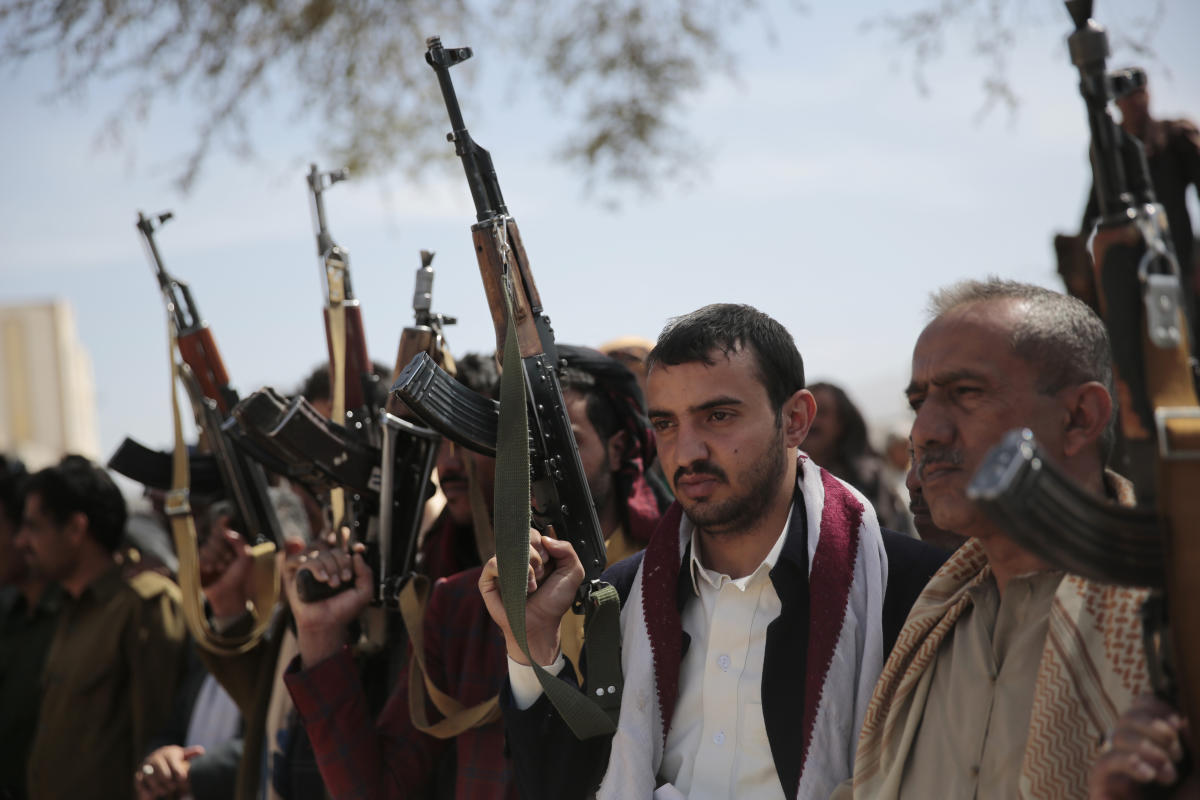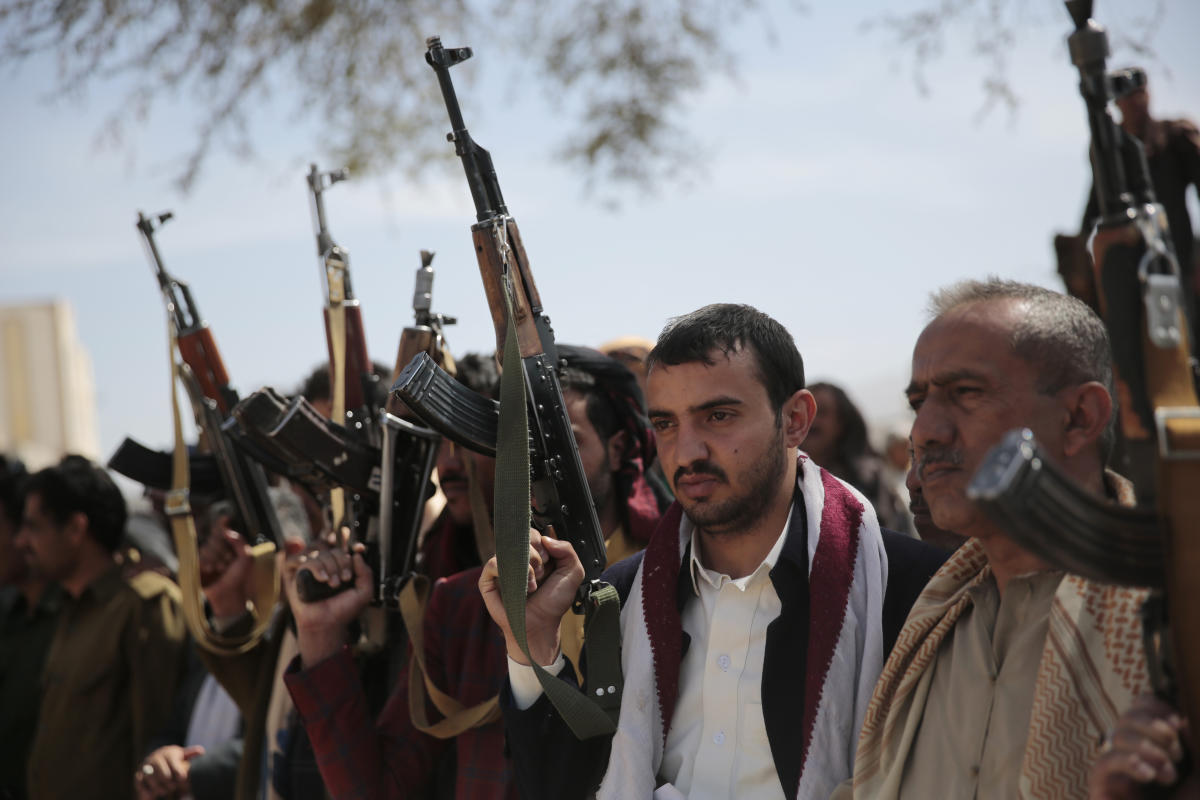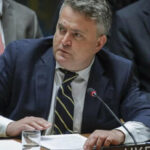
SANAA, Yemen (AP) — Heavy clashes between Houthi rebel troops and Yemen’s pro-government forces have killed at least 8 people, a security official confirmed Friday. The fresh round of violence comes amid heightened tensions following last week’s failure to extend a cease-fire between the warring sides.
The official said exchanges of fire broke out late Thursday night in the contested western area of Yafa, killing four troops from either side and injuring five others. Local witnesses said both Houthi troops and forces under the Southern Transitional Council, which is backed by the United Arab Emirates and is a major pillar of the Saudi coalition fighting in Yemen, deployed machine guns and mortars during the clashes.
Yemen’s ruinous conflict began in 2014 when Iranian-backed Houthi forces seized the capital of Sanaa. In response, a Saudi Arabia-led coalition intervened in 2015 to try to restore the internationally recognized government to power.
The failure to extend the nationwide truce last Sunday has threatened to reignite the bloody civil war after a six-month cessation in frontline fighting. The Houthis blamed the dead-ended negotiations on the U.N., which has facilitated the cease-fire talks, while the U.S. envoy to Yemen accused the rebel group of derailing the talks through last-minute demands.
As Sunday’s deadline for a renewed agreement passed, both sides reportedly deployed reinforcements to the frontline cities of Marib and Taiz and exchanged gunfire in the western governorate of Al Dhalea. Neither of these reports post-cease-fire could be immediately confirmed by The Associated Press.
Houthi forces and the Southern Transitional Council sides have both blamed each other for sparking Thursday’s violence, officials said. Both the officials and the witnesses spoke with The Associated Press on the condition of anonymity as they were not authorized to brief the media.
The Southern Transitional Council is an umbrella group of heavily armed and well-financed militias propped up by the United Arab Emirates since 2015. The group, which controls most of southern Yemen, has repeatedly pushed to split the country into two like it was between 1967 and 1990.
In August, the council’s militia groups seized vital southern oil and gas fields controlled by other forces fighting from the Saudi-led coalition. Recent infighting and clashes between militias loyal to the council and other groups serving under different factions of the Saudi coalition have killed dozens.
The U.N.-backed truce took effect in April and had originally established the partial opening of the capital’s airport and the Red Sea port of Hodeida, as well as the lifting of the Houthi blockade on the country’s third-largest city, Taiz. However, disagreements over the opening and control of Taiz’s key entry roads meant the city has remained under a Houthi-imposed siege. Both sides have reported numerous violations of April’s cease-fire agreement.
The regional proxy war has killed in excess of 150,000 people according to the Armed Conflict Location & Event Data Project. The fighting has turned Yemen into one of the world’s worst humanitarian crises, pushing the Middle East’s poorest nation into near famine.




